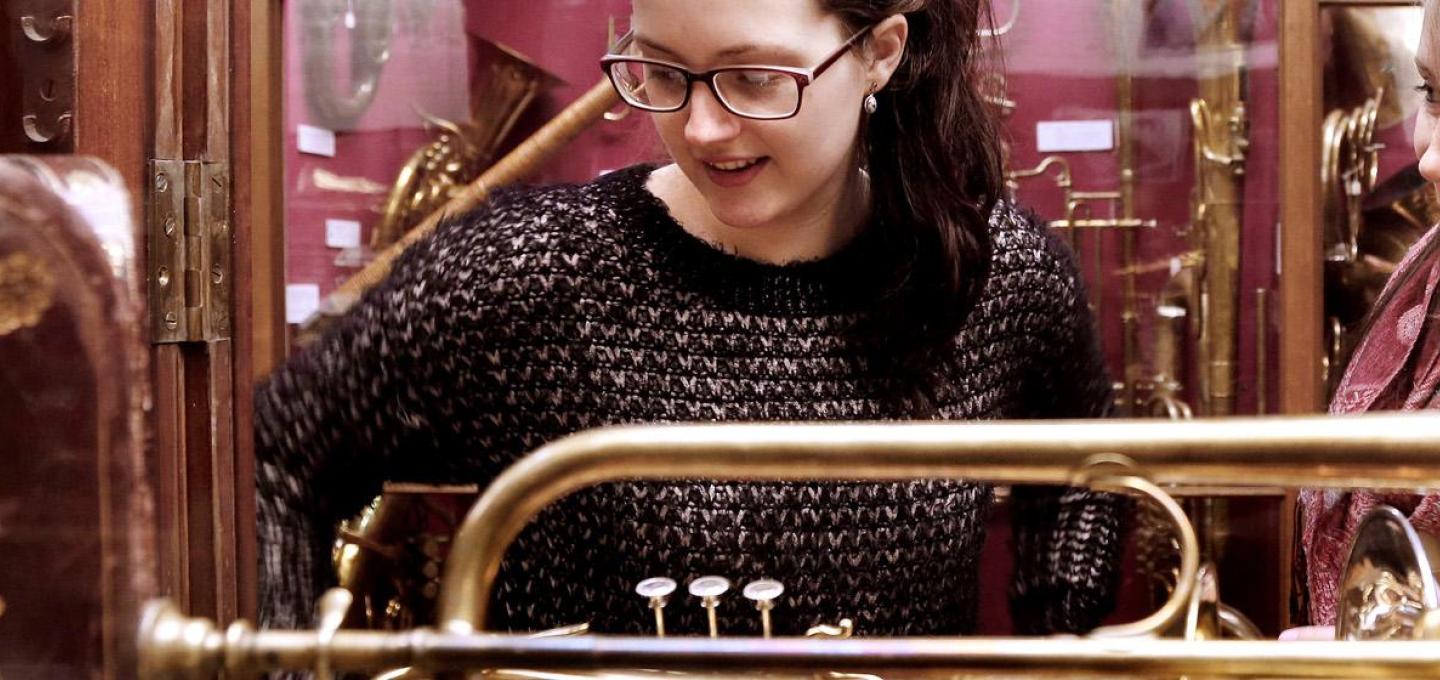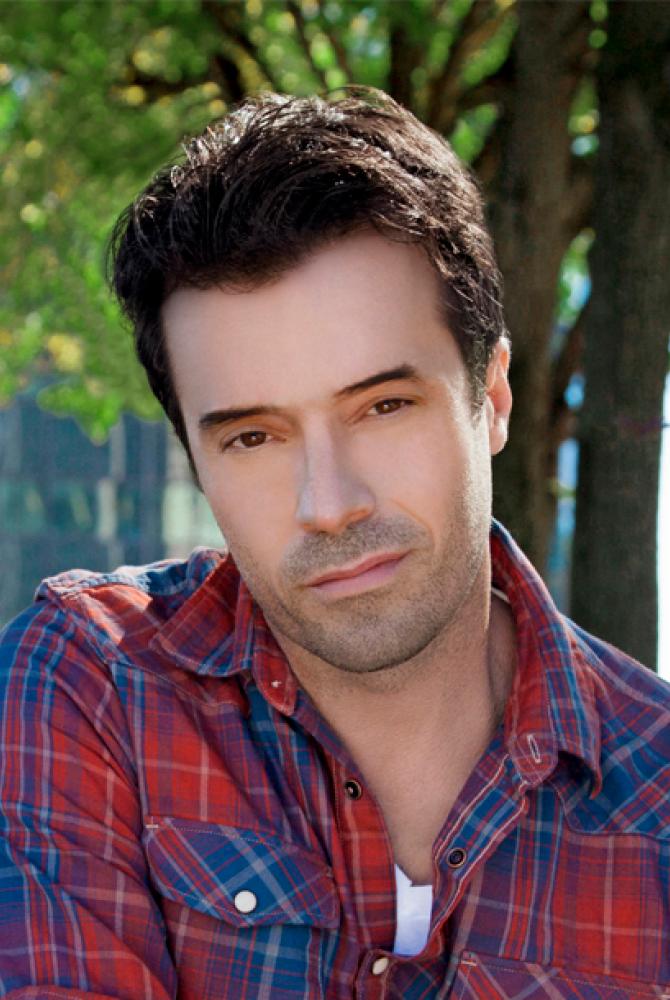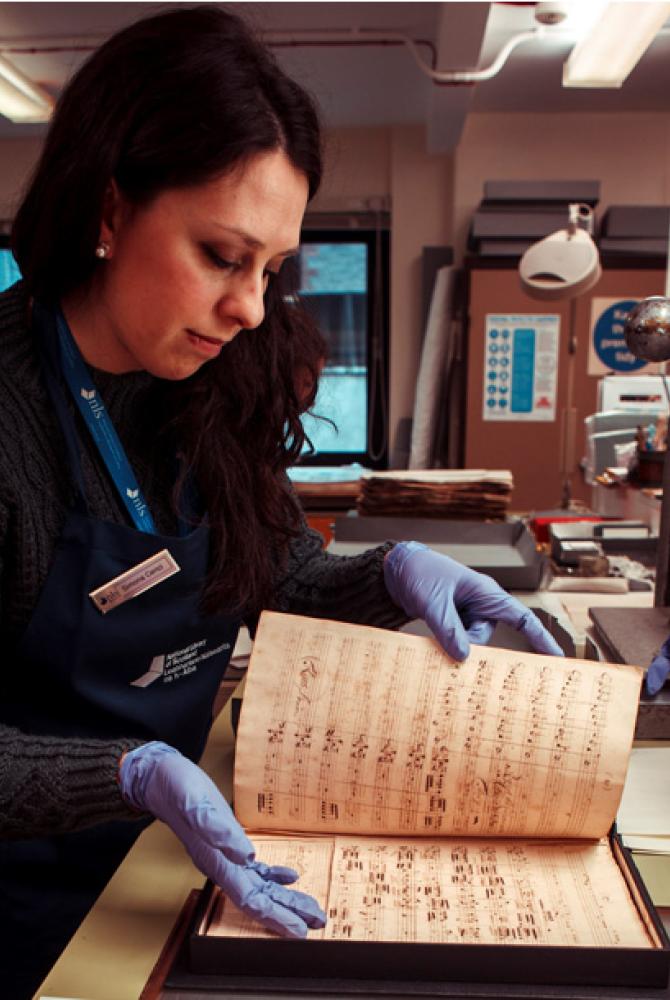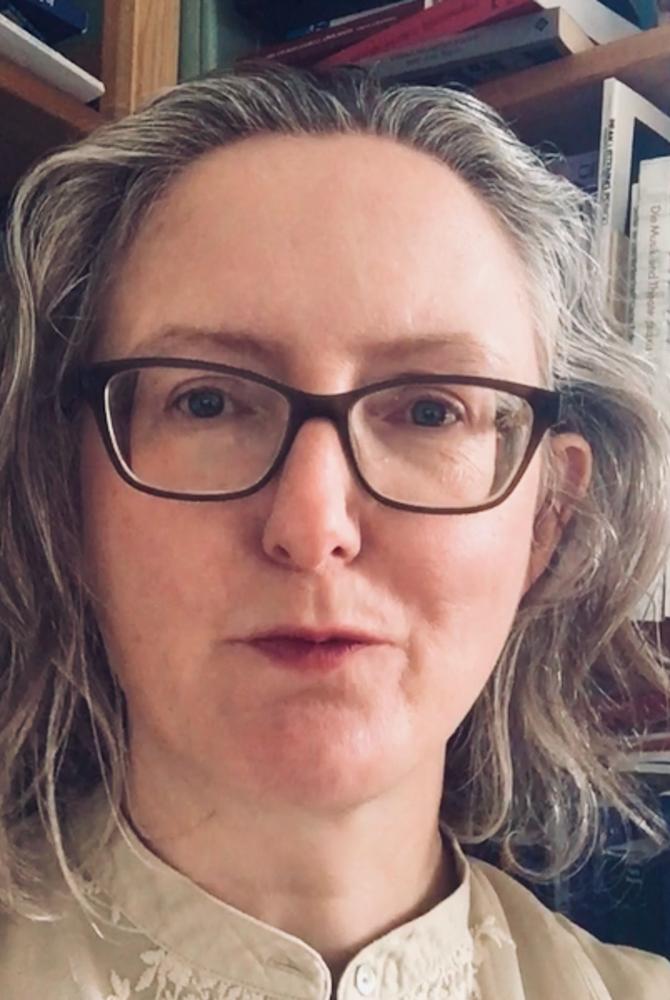Outline
The MMus in Musicology offers graduate students a broad and intensive introduction to academic research into music and the ability to pursue, in greater depth, an area of special research interest. Teaching staff on the programme include world-leading experts in a number of areas of music research, including:
- the cultural, material and political history of music
- music instrument research
- music sociology
- jazz studies
- philosophy of music
- music and audio-visual media
- music psychology and cognition.
This programme is designed for students who want to understand more about what music is, how it works, and why it is such a fundamental and significant part of human culture. It offers an ideal foundation for those interested in pursue a higher research degree in musicology, as it equips students with the context, skills and critical understanding to undertake original research in this increasingly interdisciplinary field.
While this is not a degree in music performance, pedagogy or management, those with an interest in critical research on these topics are very welcome to apply.

















